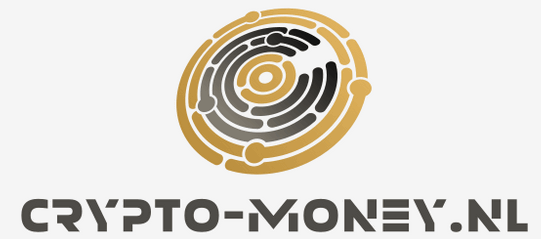Cryptocurrencies like Bitcoin and Ethereum have taken the world by storm, presenting themselves as revolutionary forms of digital money. But this surge has also led to countless questions, the most important being: is crypto money actual money? As you consider stepping into the world of crypto—perhaps in search of investment, a new way to transact, or simply out of curiosity—it’s essential to understand what makes money "money," how cryptocurrencies fit (or don’t) within that definition, and the unique characteristics that set them apart from traditional forms of currency. This comprehensive guide will clarify these points and equip you with the knowledge needed to make informed decisions about buying crypto.
Understanding the True Nature of Cryptocurrency as Money
The first step to answering whether crypto is "actual money" is to revisit what money fundamentally is. Traditionally, money is defined by three core functions: it must act as a medium of exchange, a store of value, and a unit of account. Throughout history, societies have used items ranging from gold and silver to paper notes and digital bank balances to fulfill these roles. Each system has its pros and cons, but the shared thread is universal acceptance and trust by a community or populace.
Cryptocurrencies like Bitcoin were designed to fulfill these classic functions, but with a digital twist. As a medium of exchange, crypto allows peer-to-peer transactions without the need for banks or intermediaries. This means you can send value directly to someone across the globe, often faster and with lower fees than traditional bank wires. As a store of value, many see Bitcoin as "digital gold," citing its fixed supply and decentralized nature as protections against inflation and government interference. Finally, cryptocurrencies can be used as a unit of account—prices for goods or services can be denominated in crypto, though this is not yet widespread in everyday retail.
However, widespread acceptance remains a significant hurdle. While more merchants than ever accept cryptocurrency, it is not as universally recognized or stable as government-issued fiat currencies like the euro or US dollar. Still, crypto is rapidly growing in popularity and legitimacy, leading many to view it as a form of "actual money," even if it hasn’t yet replaced traditional currency in everyday life.
Key Differences Between Crypto and Traditional Currencies
One key difference between cryptocurrencies and traditional money lies in their foundational technology. Cryptocurrencies operate on decentralized blockchains—public, tamper-resistant ledgers maintained by a network of computers (called nodes) around the world. There is no central authority, such as a bank or government, that issues or controls cryptocurrencies. In contrast, fiat currencies like the euro or dollar are printed and regulated by central banks and typically backed by governmental trust and legal frameworks.
Another significant difference is transparency and privacy. Crypto transactions are often pseudonymous: while every transaction is recorded on a public blockchain, the identities behind wallet addresses are not immediately revealed. This offers a balance between transparency and privacy, but also raises regulatory questions. Traditional banking, on the other hand, is highly regulated, and transactions are usually linked to personal identities, making them easier to trace and subject to governmental oversight.
Lastly, there’s the issue of volatility and stability. Fiat currencies are generally quite stable due to central bank policies and their widespread use in the global economy. Cryptocurrencies, however, can be highly volatile—prices can swing dramatically within short periods. This volatility can be an advantage for traders looking for profit opportunities, but it also introduces risk for those hoping to use crypto as a stable store of value or daily transactional currency. That said, the growing presence of "stablecoins" (crypto assets pegged to stable fiat currencies) is addressing this problem, making crypto more usable for everyday purchases.
So, is crypto money actual money? In many ways, yes—cryptocurrencies fulfill the fundamental roles of money, offering a new and innovative way to transact, store value, and measure worth. However, they also bring unique characteristics and challenges, from volatility to regulatory uncertainty, that set them apart from traditional currencies. As you consider purchasing crypto in our store, remember that understanding these differences and the evolving landscape will help you make confident, informed decisions. Embracing crypto means stepping into a new era of financial freedom and innovation—are you ready to be a part of it?

